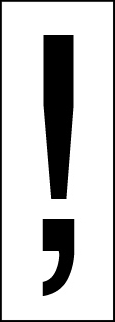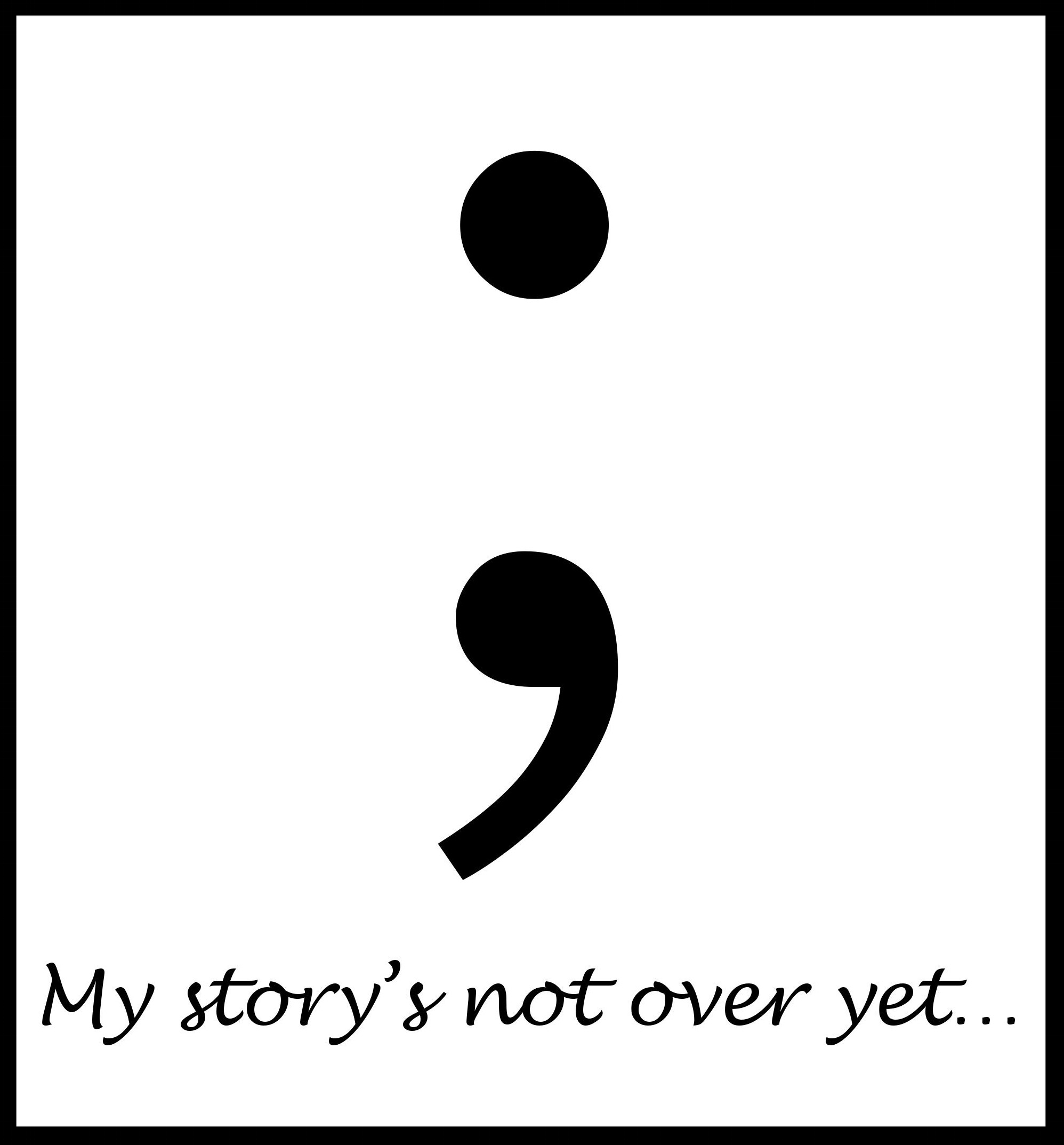If you’ve ever used the word ‘disconsolate’, you might have wondered whether you can also be ‘consolate’. Or maybe you haven’t, because you have a life. Lucky for you, I don’t. So, in this post I’m looking at unpaired (awwww) words.
Single and ready to mingle
In grammar, an unpaired word is one that looks like it should have an opposite, but doesn’t. This is usually because it has a prefix like ‘dis’ or ‘un’. Sometimes these types of words come about because the opposite word (called an antonym, fact fans) has fallen out of fashion. Or it might be that it never existed in the first place, for example if we nicked the unpaired word from another language (although that would make for a very short blog post, so I won’t be including those here).
So, without further ado, let’s have a look at five now single words, and their lesser-known other halves.
Incorrigible and corrigible
‘Incorrigible’ refers to a person who can’t change or be reformed. So ‘corrigible’ means exactly what you’d expect – something which can be fixed. It’s usually used for things rather than people, unlike its partner. Iago uses ‘corrigible’ in ‘Othello’: ‘…why, the power and corrigible authority of this lies in our wills.’ ‘Corrigible’ actually came about after ‘incorrigible’, appearing around about the 15th century, a good 100 years after its opposite number. No one seems to know why it never caught on.
Unkempt and kempt
I’m pretty unkempt at the moment (I’m writing this on a Sunday, okay?). It means to be untidy or dishevelled. ‘Unkempt’ has been around since the 14th century, and ‘kempt’ seems to be a backformation of it, which is just a fancy way of saying that someone knocked off the prefix – in this case ‘un’ – to make the opposite. Having said that, another source I found says it did exist but fell out of use some time in the 1500s, only to make a comeback 400 years afterwards. I don’t know who’s right I’m afraid. What they do all agree on is that both words are derived from the Old High German word ‘chempen’ which means ‘to comb’.
Disgruntled and gruntled
I know this seems like a comedy backformation, but it actually isn’t. ‘Gruntle’ did exist as a word, and it’s actually not the opposite of ‘disgruntle’ – it means to grumble or complain, and also to ‘utter small grunts’ (this makes me happy). This is a rare example of the prefix ‘dis-’ as an intensifier, rather than its more usual use which is to undo the meaning of the word it’s attached to. Ooh, interesting, right? Right?
Unruly and ruly
‘Ruly’ means law-abiding. It comes from the word ‘rule’ which I enjoy – someone who follows the rules is being ruly. Someone who doesn’t is unruly. These days ‘unruly’ has softened a bit, and is more often applied to children. And hair.
Impervious and pervious
‘Pervious’ seems to have been overtaken by the more recognisable ‘permeable’ these days. It comes from the Latin word ‘pervius’ which doesn’t have anything to do with men in dirty macs – it means ‘having a passage through’. While we can use ‘impervious’ both literally (as in something being impervious to water) and figuratively (someone can be impervious to criticism), pervious, however, only seems to relate to physical things (like rocks), that water can run through.
There you have it – five words and their almost forgotten partners. Other words which didn’t make the cut include intrepid and trepid (meaning fearful), feckless and feckful (a Scottish word that means efficient), and innocuous and nocuous (which has now been almost completely replaced by ‘noxious’). So next time you use one of these, spare a thought for their neglected other halves, languishing quietly on the linguistic shelf.
Oh, and ‘consolate’ is a word btdubz (not to be confused with the place where diplomats go – that’s a consulate). It means ‘to console’ or ‘give comfort’. So that’s nice.







